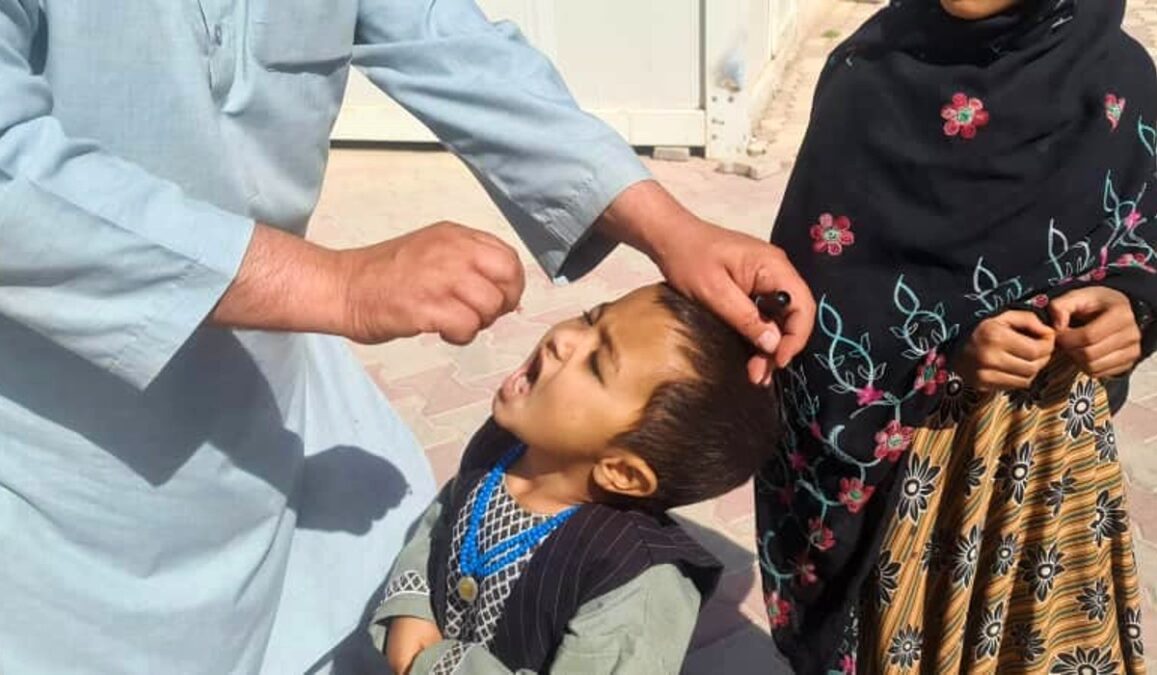
Afghanistan Cricket team playing against Zimbabwe in Harare
SYDNEY, Australia — A coalition of Australian feminist activists has called on the government to boycott all sporting events involving Afghanistan, citing the Taliban’s restrictions on women’s rights and the absence of a women’s cricket team in the country.
The group, known as Feminist Women of Australia for Women’s Rights, issued a statement on Thursday, declaring that “women are more important than cricket.” The statement urged Australia to cancel all matches against Afghanistan’s men’s teams.
“We call on Australia to cancel all its matches with Afghanistan’s men’s teams,” the group said in a post on X.
This is not the first time sports organizations have taken a stand on the issue. Earlier, Cricket Australia canceled three one-day matches against Afghanistan, which were to be held in the United Arab Emirates, citing the lack of progress in forming a women’s cricket team and the Taliban’s broader restrictions on women’s education and employment.
The movement to boycott Afghan sports teams has also gained traction in the United Kingdom. A group of women’s rights advocates, operating under the name Women’s Rights Network, has called on the British government to cancel its upcoming cricket match against Afghanistan.
According to a Fox News report, the network issued a statement urging the British government to not only cancel the match scheduled for Feb. 26 as part of the ICC Champions League but to sever all sporting ties with Afghanistan.
“In fact, we are asking our politicians and sporting bodies to go further,” the statement read. “We want Prime Minister Keir Starmer to mandate a complete boycott of all matches with Afghanistan in every sport. [The England cricket team] should cancel all matches against Afghanistan’s men’s cricket team in every tournament. Players and coaches should examine their consciences.”
The statement highlighted the stark disparity in freedoms enjoyed by women in the United Kingdom compared with those in Afghanistan, where women are severely restricted under Taliban rule.
“Women in your families can dress as they wish, pursue education, work, travel, open bank accounts, and speak freely. What is happening to women in Afghanistan is horrific. Every athlete with a conscience must do what is right. Boycott Afghanistan,” the group urged.
rintShare via Email
Women’s rights activists have called for England’s men’s cricket team to forfeit its scheduled match against Afghanistan in the ICC Champions Trophy group stage on February 26. The demand comes in response to the Taliban’s “systematic oppression” of women since taking control of Afghanistan in August 2021.
The Women’s Rights Network (WRN) issued a statement on Monday urging England not only to forgo the February match but also to boycott all sporting competitions against Afghanistan’s national teams.
The WRN’s statement called on the UK government, sports authorities, and individual players to take a stand.
“Pride in the team shirt includes pride in your country’s record on standing up for human rights and against dictators who bask in the kudos of sporting success,” the group wrote. “What is happening to the women of Afghanistan is appalling. Any sportsman of conscience should do what is right: Boycott Afghanistan.”
The WRN also called on UK Prime Minister Keir Starmer to support a blanket boycott of Afghanistan in all sports. “Players and coaches must examine their consciences,” the group added. “How can you in all conscience play a country that denies women their basic human rights?”
Since the Taliban’s takeover of Kabul on August 15, 2021, Afghanistan has seen a sharp deterioration in women’s rights. The regime has imposed a strict interpretation of Sharia law that severely restricts women’s movements, education, and public roles.
Women are barred from leaving their homes without a male relative, must wear full veils in public, and are forbidden to sing, recite, or speak publicly. Secondary and higher education for women has been entirely banned since 2022, with limited online courses offering little recourse as women are not permitted to take exams.
In August 2024, Taliban leaders issued a new law banning women’s voices and faces from public spaces under the pretext of promoting virtue.
The United Nations has expressed grave concern over the Taliban’s policies. Fiona Frazer, head of the UN’s human rights service in Afghanistan, stated in July, “The de facto authorities’ increasing and expanding oversight gives cause for significant concern for all Afghans, especially women and girls.”
England’s cricket team has not yet commented on the WRN’s demands, and it remains unclear whether the February match will proceed as planned.




















